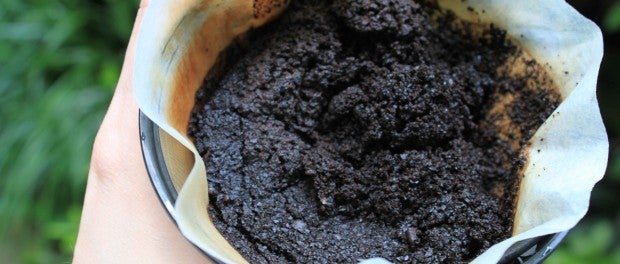Repurpose Kitchen Waste in the Garden

Sometimes it can be pricey to keep adding commercial products to crops and gardens in order to keep them thriving. Depending on the size and areas of the crops you grow, composting may be a viable option, or it may be more beneficial for beginning farmers to do things on a smaller scale. A good way to give crops a boost without impacting your farm funds is to repurpose food or scrap items from around the house and in the kitchen. Rather than disposing of that which you might ordinarily throw away, extend its life in the garden.
There are many benefits to be had thanks to foods we enjoy aside from what we consume. Just because the shell, seeds, or skin is not edible to us does not make it garbage. In fact, these are some of the best foods, those that keep on going, stretching your dollars as they serve additional purposes for crops and gardens. In some cases, items need to be composted before use, but not always. Here are five kitchen scraps you can take out to the garden and put to work for you:
1. After breakfast, don’t toss those egg shells. Instead, rinse them out and allow them to air dry in a warm area before crushing them with a rolling pin until the pieces are small. Place them in the garden where the sharp edges will deter slugs and snails. Egg shells also add calcium to soil and aerate it as well.
2. When you’re cleaning up the coffee pot for the day, hang onto used grounds for gardening or composting purposes. Even leftover coffee itself is useful to some plants. Used coffee grounds will aid in water retention, soil aeration, and generally perform as a fertilizer, plus they make good mulch.
3. If you enjoy eating nuts and do the cracking yourself, keep the shells and add them to the garden. Nut shells are useful in that they help to aerate soil. If there is any kind of seasoning present, just be sure to rinse thoroughly before use.
4. The peel of a banana has garden appeal in that they can infuse soil with many useful nutrients such as sodium, sulfur, calcium, potassium, and magnesium. When cut up into pieces and placed in soil, they break down quickly and get to work encouraging plant and fruit growth.
5. The seeds of peppers are often discarded, but if you enjoy peppers, specifically of a hotter variety, keep some seeds around. These along with other pepper waste can be blended and soaked in water before being strained with the liquid going into a spray bottle. Spray where problem pests are found to ward them off, but be careful of getting this mixture in your own eyes or on skin.
Although there are plenty of commercial products available in bulk that could accomplish many of the same things, it makes good sense to cut costs and reuse what we can. In the end, you will have a healthy garden thanks to items you might have otherwise discarded, plus you will have gotten those crop benefits for no added expense. When it comes to deals, free is the one that’s hardest to beat.






 Your Privacy Choices
Your Privacy Choices
Leave a comment